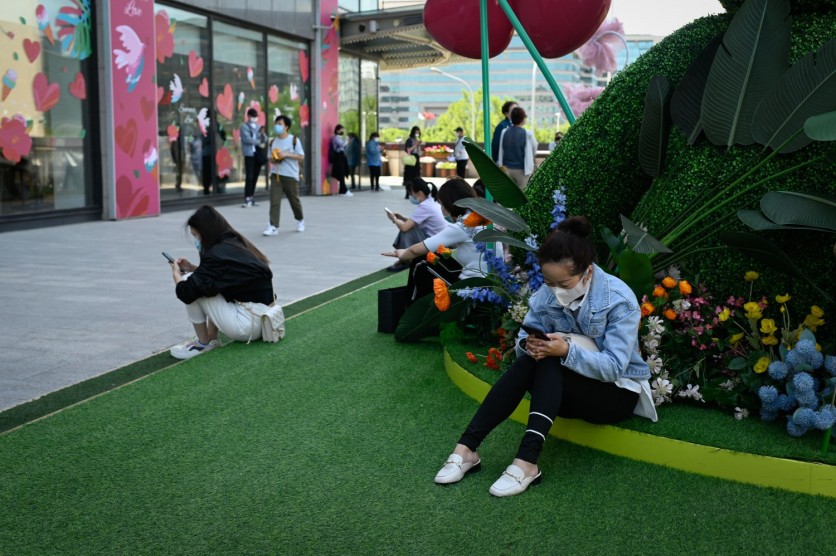On May 17, 2022, World Telecommunication and Information Society Day (WTISD) is celebrated to raise awareness about the opportunities and possibilities that the internet and other Information and Communication Technologies (ICT) bring to nations, societies, and economies. It also aims to spread awareness about ways to bridge a digital divide that happens globally.

This year's theme for WTISD is "Digital Technologies for Older Persons and Healthy Ageing." It emphasizes the importance of using telecommunications and ICTs for the elderly to stay connected, independent, and healthy on a physical, emotional, and financial level.
According to World Population Prospects 2019, by 2050, one in six people globally will surpass the age of 65, while in 2019, the ratio was only one in 11. In 2020, the world was estimated to have 727 million people aged 65 years and above, but the number is expected to double to 1.5 billion by 2050.
Unbeknownst to many, telecommunications and ICTs have a significant role in healthy ageing. Plus, they can also help build smarter cities, fight age-based discrimination at the workplace, and ensure the financial inclusion of older persons.
With the growing dependence on ICT, private and public sectors should shift towards greater digital use to serve the ageing population better.
History of WTISD
The anniversary of WTISD is when the signing of the first International Telegraph Convention took place, along with the creation of the International Telecommunication Union (ITU).
The celebration started in 1969 and to commemorate the creation of the ITU on May 17, 1865. It was in 2005 when the World Summit on the Information Society urged the UN General Assembly to declare May 17 as World Information Society Day.
The request was granted; that in March 2006, and the UN General Assembly resolved that WISD will be celebrated every year on May 17.
Countries Move
Ahead of the WTISD 2022, telecommunication carriers announced new digital services for senior citizens will be launched in Shanghai that will help improve their daily lives and protect them against the risks brought by the global pandemic.
The services will include low-cost monthly packages starting at 19 yuan or $2.9, and remote health and emergency monitoring, online pharmacy and diagnosis, and virtual nursing home services.
This is no surprise as Shanghai has the highest proportion of elderly people in China, which is why there is an increased demand for elderly care services.
In Malta, GO actively works towards leaving no one behind in a digital society. Mandy Calleha, the Head of Corporate Communications said, "Staying true to our purpose to drive a digital Malta where no one is left behind, means going beyond making the necessary infrastructure and technology available by ensuring that everyone can benefit equally from the digital revolution, including our senior citizens."
This article is owned by Tech Times
Written by April Fowell
ⓒ 2026 TECHTIMES.com All rights reserved. Do not reproduce without permission.




